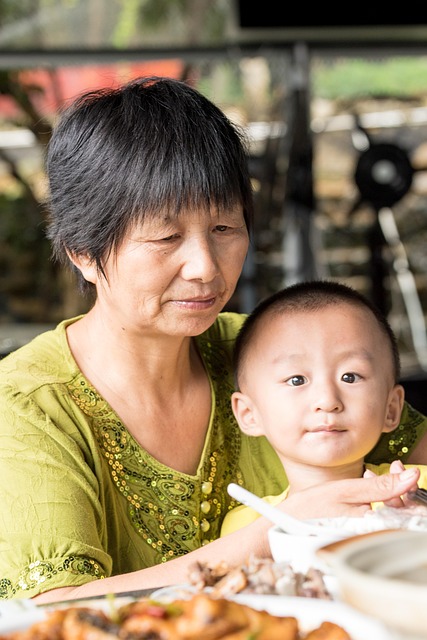In Oregon, grandparent rights are protected by state law, allowing for meaningful interactions between grandparents and grandchildren. Grandparents have visitation privileges, subject to parental agreement, including regular contact, home visits, and access to information about their grandchild's well-being. Legal provisions like ORS 109.155 ensure reasonable visitation, prioritizing the best interests of the child while recognizing grandparent involvement in emotional development. To establish legal rights, grandparents must navigate court proceedings, demonstrating fitness and a strong bond with the child, often aided by legal representation. With complex family law systems, legal aid organizations and support groups offer guidance, empowering grandparents to petition for visitation or custody and fostering community among those facing similar challenges.
In Oregon, grandparent rights are protected under a nuanced legal framework, offering guidelines for establishing and maintaining meaningful relationships with grandchildren. Understanding these rights is crucial for grandparents seeking to navigate the complexities of family law. This article provides an in-depth overview of Oregon’s laws affecting grandparent rights, exploring key statutes, relationship establishment, potential challenges, and available resources. By delving into these aspects, we aim to empower grandparents to exercise their legal rights effectively.
- Understanding Grandparent Rights in Oregon: An Overview
- Legal Framework: Key Laws and Regulations
- Establishing Grandparent-Child Relationships
- Challenges and Resources for Grandparents in Oregon
Understanding Grandparent Rights in Oregon: An Overview

In Oregon, grandparent rights are recognized and protected under state law, offering a framework for maintaining meaningful relationships between grandparents and their grandchildren. These legal rights provide grandparents with opportunities to participate in decisions affecting their grandchild’s life while ensuring the best interests of the child remain paramount. Understanding these rights is crucial for both grandparents and parents alike.
Oregon laws grant grandparents specific visitation and communication privileges. Grandparents have the right to reasonable and regular contact with their grandchildren, subject to the agreement or discretion of the child’s parents. This can include visitation in the grandparent’s home or at another mutually agreed-upon location. Additionally, grandparents are entitled to receive information about their grandchild’s health, education, and overall well-being, fostering an environment where families can stay connected.
Legal Framework: Key Laws and Regulations

In Oregon, the legal framework governing grandparent rights is defined by state laws and regulations that prioritize the best interests of the child while also recognizing the significant role grandparents can play in their grandchildren’s lives. Key laws, such as ORS 109.155, grant grandparent visitation rights under specific circumstances, allowing courts to order reasonable and regular visits if it’s deemed in the child’s best interest and one or both parents consent or are unable to provide care.
These legal provisions ensure that grandparents have a lawful avenue to seek visitation and maintain a relationship with their grandchildren. Regulations like these promote stability and well-being for all family members involved, recognizing that strong grandparent-grandchild bonds can contribute positively to a child’s emotional development and overall family dynamics.
Establishing Grandparent-Child Relationships

In Oregon, establishing a grandparent-child relationship involves navigating specific laws that grant legal rights to grandparents. These rights are separate from and in addition to parental rights and responsibilities. Grandparents can seek visitation, custody, or both, based on their unique circumstances. The state recognizes the importance of family connections and aims to balance these rights with the primary consideration of the child’s best interests.
To establish a relationship, grandparents should be proactive in court proceedings. They must prove their fitness as caregivers and demonstrate a significant bond with the child. This can involve providing evidence of past interactions, participation in the child’s life, and the ability to offer a stable and loving environment. Legal representation is recommended to ensure grandparents’ rights are protected throughout the process.
Challenges and Resources for Grandparents in Oregon

In Oregon, challenges often arise for grandparents seeking to maintain their legal rights and meaningful relationships with their grandchildren. The state’s family law system can be complex, and navigating it alone can prove difficult for grandparents, especially when facing opposition from parents or other family members. Understanding one’s legal rights is crucial for grandparents in Oregon; they may need to educate themselves about the state’s grandparent visitation laws, which vary depending on individual circumstances.
Fortunately, resources are available to support grandparents. Legal aid organizations and non-profit groups specializing in family law offer guidance and representation to help grandparents protect their rights. These resources can provide information on petitioning for visitation or custody, as well as assisting with court proceedings. Additionally, local support groups connect grandparents facing similar challenges, fostering a sense of community and shared understanding while navigating the legal system.














